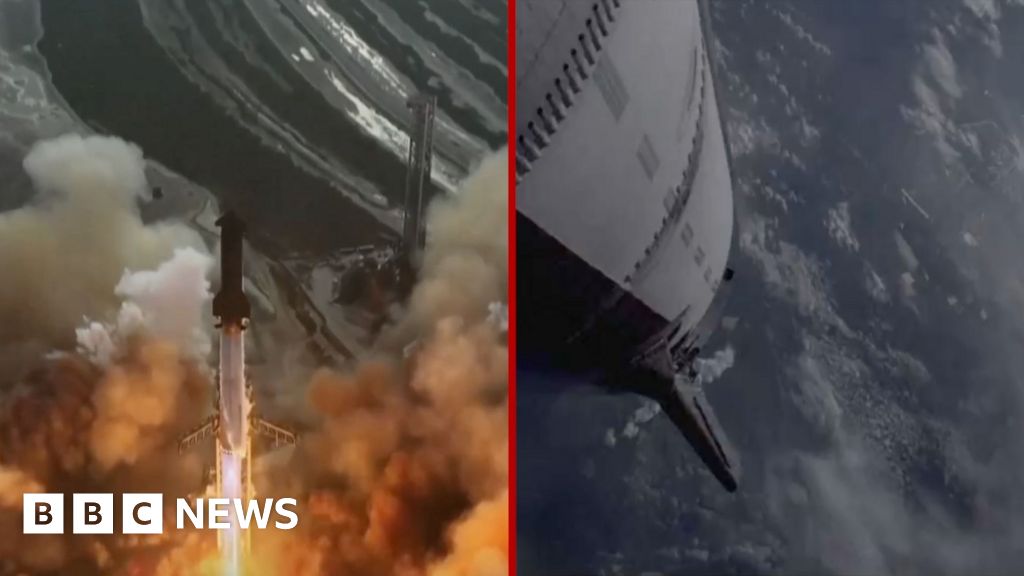A SpaceX rocket has successfully lifted off from Florida on Monday evening, embarking on the Fram2 mission that will allow for the first-ever human spaceflight to orbit over both of Earth’s poles. This historic event signifies a novel step in human space exploration, although similar satellite missions have frequently orbited the poles, leading researchers to deem the flight routine from a scientific standpoint.
The mission is set to last between three to five days, during which four private astronauts will orbit approximately 270 miles above Earth, passing over the North and South Poles several times daily. This innovative trajectory enables observation of the entire planet as it rotates beneath, thus providing valuable insights for various fields, including weather forecasting, cartography, and intelligence surveillance.
The Fram2 endeavor is financed by Chun Wang, a successful blockchain and cryptocurrency investor who has chosen three companions to join him on this journey. Originally from Tianjin, China, and a Maltese citizen since 2023, Wang proudly displays Malta's flag on his spacesuit.
Upon the launch, the mission's organizers suggested that the Fram2 mission could "unlock new possibilities for human spaceflight and deliver deeper insights into our planet and its polar regions." As the astronauts embark on this unique venture, the implications for both space exploration and Earth sciences hold promising potential for advancing our understanding of climate and environmental changes.





















